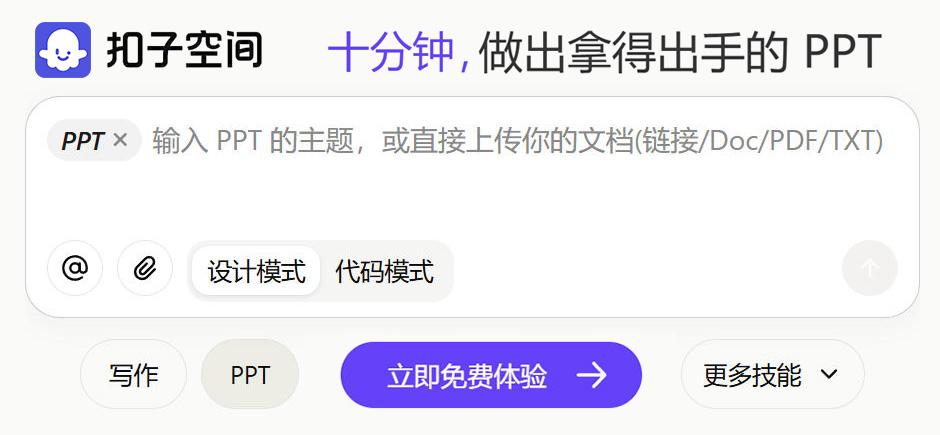Accordion: AI Music Generation with Creative prompting
In the rapidly evolving landscape of digital music creation, AI has emerged as a powerful tool for composers, producers, and artists. One of the most versatile applications of AI in music is AI music generation, which allows users to create original musical pieces with minimal input. At the heart of this innovation lies the use of prompting—a technique that guides AI models to generate content based on specific instructions. This article explores the concept of AI music generation with creative prompting, focusing on how users can craft effective prompts to produce high-quality music.
Understanding AI Music Generation
AI music generation involves using machine learning models, such as Generative Adversarial Networks (GANs) and Transformer-based architectures, to generate musical compositions. These models are trained on vast datasets of existing musical works, enabling them to recognize patterns, harmonies, and rhythms. When a user provides a prompt, the AI interprets the request and generates a piece of music that aligns with the stated style, mood, and structure.
The Role of Prompting in AI Music Generation
Prompting is a critical component in AI music generation, as it determines the quality and relevance of the output. A well-crafted prompt ensures that the AI understands the desired outcome and generates music that is both creative and accurate. For instance, a prompt might specify:
- Style: “A nostalgic pop song with 80s guitar riffs”
- Mood: “Upbeat and dreamy, with a melancholic undertone”
- Instrumentation: “Piano, synth, and subtle drums”
- Length: “4 minutes, with a bridge and an outro”
Crafting Effective Prompts
To create effective prompts for AI music generation, users should focus on clarity, specificity, and creatiViTy. Here are some tips for crafting compelling prompts:
- Be Specific: Instead of saying “create a song,” specify the genre, mood, and instrumentation. This helps the AI understand what exactly you want.
- Use Descriptive Language: Use adjectives and adverbs to convey the desired tone and style. For example, “melancholic” or “energetic.”
- Incorporate emotional Elements: A prompt that includes emotional cues can lead to more expressive and meaningful music.
- Consider Structure: Mention the song structure (verse, chorus, bridge, etc.) to guide the AI in producing a well-orGANized piece.
Example Prompts
- “A dramatic orchestral piece with a slow tempo, featuring strings and a haunting melody”
- “An upbeat electronic track with a pulsating rhythm and synthy bass”
- “A whimsical children’s song with a playful melody and light percussion”
Advanced Prompting Techniques
For more advanced users, there are several techniques that can enhance the quality of AI-generated music:
- Conditional Prompting: Use conditional statements to guide the AI based on specific criteria. For example, “If the tempo is slow, use a minor key; if the mood is upbeat, add a kick drum.”
- Custom Training Data: Provide the AI with custom datasets that reflect your preferred style or genre to improve its understanding and output.
- Iterative Refinement: After generating a piece, refine the prompt based on the output to achieve better results.
Challenges and Considerations
While AI music generation offers exciting possibilities, it also presents challenges. One major challenge is the creative gap—AI may not always generate music that is emotionally resonant or stylistically unique. Additionally, there are concerns about copyright and ethical use, as AI-generated music may lack the human touch that defines traditional music.
Conclusion
AI music generation is revolutionizing the way we create and experience music. By understanding and effectively using prompting techniques, users can harness the power of AI to produce high-quality, creative music. Whether you are a songwriter, a producer, or an artist, mastering the art of crafting effective prompts is essential for achieving your musical vision. As AI continues to evolve, the possibilities for innovation in music creation are limitless.








 津公网安备12011002023007号
津公网安备12011002023007号